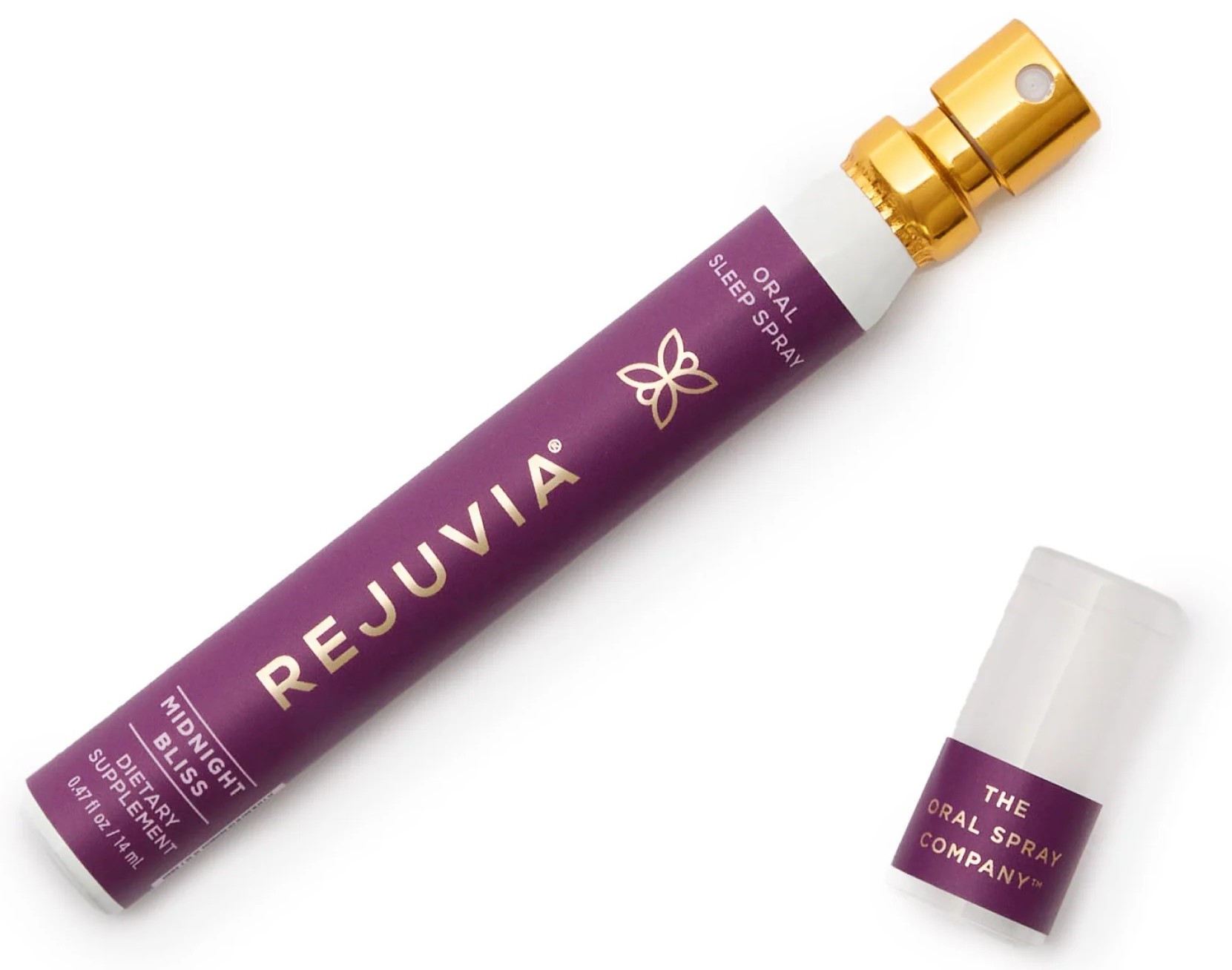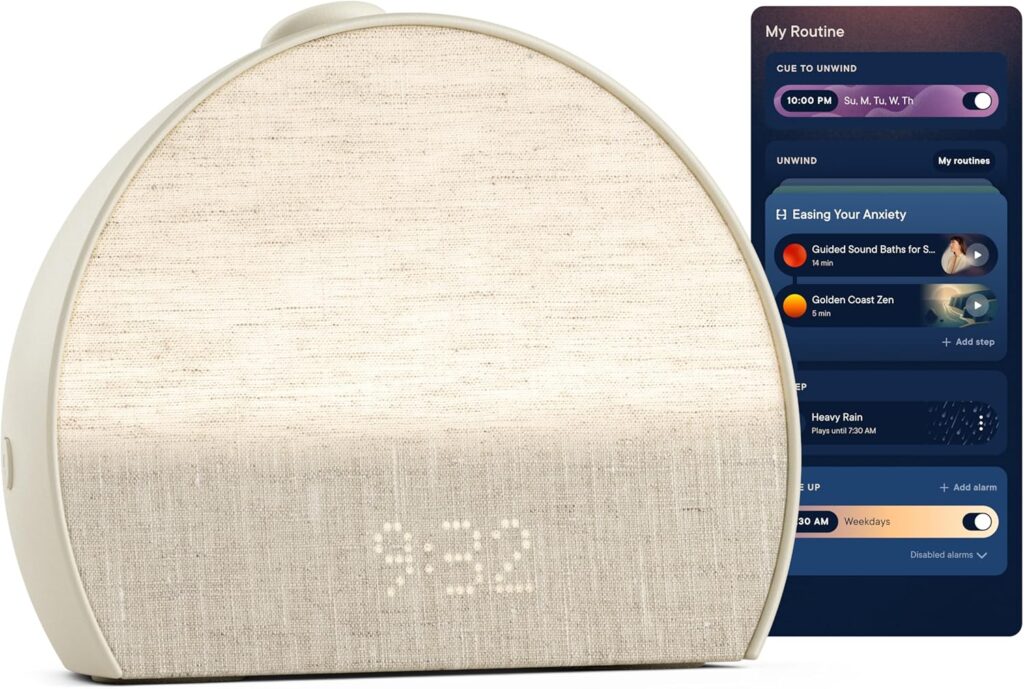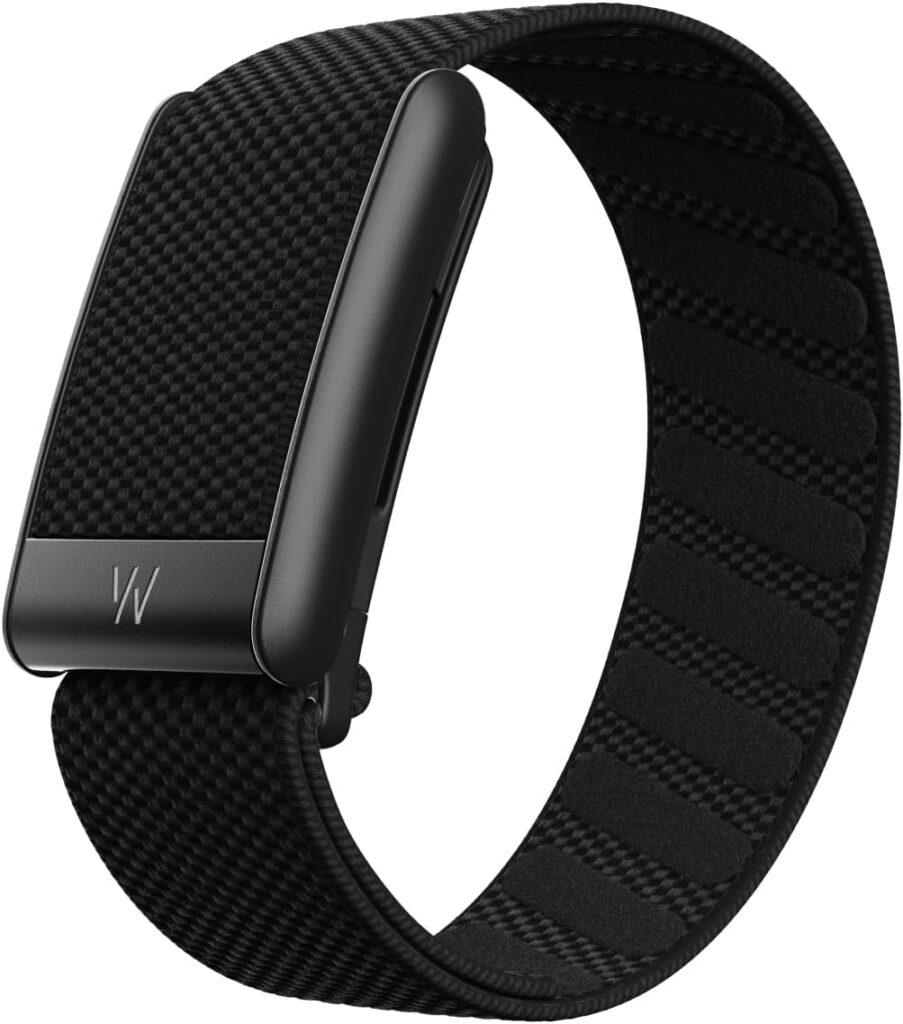Best Sleep Aids for Night Shift Workers: Fast-Acting, Natural Solutions in 2025
Working nights flips your body clock upside down. You come home exhausted, yet the world outside is wide awake—dogs barking, trucks rumbling, sunlight pouring through the curtains. Even when you finally climb into bed, your mind often won’t settle.
That’s why the right sleep tools matter. From fast-acting sprays to blackout curtains and white-noise machines, simple changes can turn a narrow sleep window into restorative rest.
Here are the best options to help you fall asleep faster, stay asleep longer, and wake up ready for another shift.
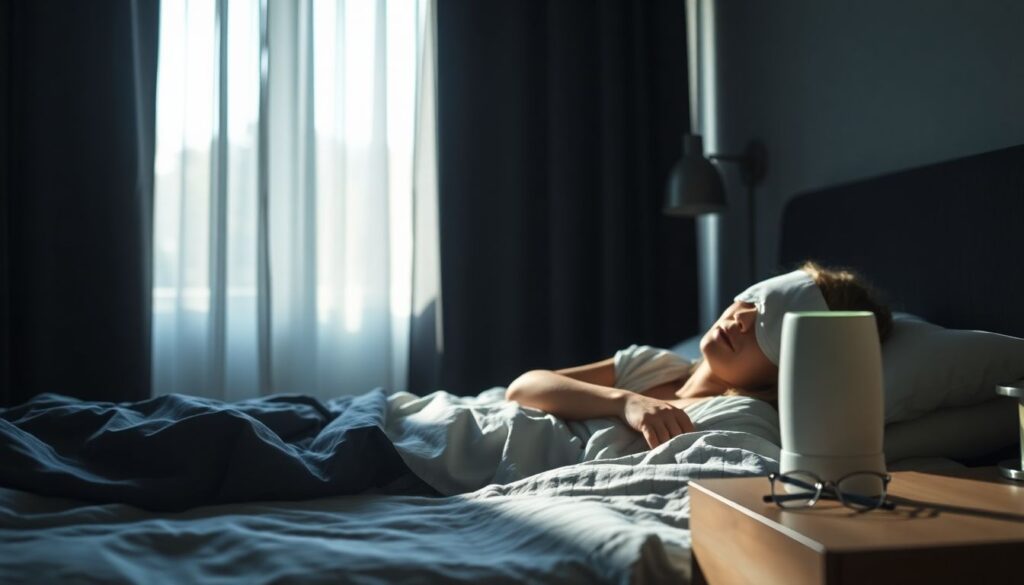
Disclosure: This article contains affiliate links. We may earn a small commission on qualifying purchases at no additional cost to you.
Why Night Shift Workers Need Tailored Sleep Solutions
Most advice assumes you’re in bed by 10 p.m. in a perfectly dark, quiet room. Night-shift workers know better. After a 10–12 hour shift, sleep doesn’t come easy and the challenges are unique:
- Short sleep windows – Often just 3–6 hours between shifts.
- Noise and light intrusions – Lawn mowers, deliveries, and sunlight streaming in.
- Racing thoughts – Stress from work makes winding down tough.
- Fatigue hangover – Circadian disruption leaves you tired even after sleeping.
- Sleep anxiety – Worrying about oversleeping only makes it harder to relax.
Because of these hurdles, shift workers need sleep solutions designed to work fast and fit unpredictable schedules.
Editor’s Choice for Night Shift Workers: Rejuvia™ Sleep Spray
When your sleep window is just a few hours, you can’t afford to lie awake waiting for melatonin pills to kick in. Rejuvia is a fast-acting sublingual sleep spray that absorbs in about 10–15 minutes.
Its low-dose, fast-absorbing formula is designed to support quicker sleep onset during short rest windows, with many users say they feel less groggy compared to higher-dose melatonin.
How Rejuvia Helps Shift Workers
- Rapid Absorption: The spray format is designed to absorb more quickly than traditional melatonin pills.
- Customizable Dosing: Take a few sprays for a short rest window or more when you need a full night’s sleep.
- Gentle Formula: A blend of botanicals like passionflower, hops, valerian root, lemon balm, skullcap, and chamomile, plus a low 2 mg of melatonin.
- Wake Refreshed: Many reviewers report feeling clear-headed the next day, rather than groggy.
- Fresh Mint Flavor: Crisp and refreshing, with no chalky aftertaste.
- Portable & Convenient: Each bottle lasts about 30 nights and is easy to keep by your bed or toss in a work bag.
How to Use
Spray 6–8 times under your tongue or inside your cheek, hold for 5–10 seconds, then swallow. Take about 15–20 minutes before bed.
What Real Users Say
- “I use this every single night and it tastes minty, just as described. I highly recommend this product and will be ordering more.”
- “LOVE my sleep spray! I go to sleep quickly and have a great sleep!”
- “I was skeptical, but within 15 minutes I fall asleep — no grogginess in the morning.”
- “I’ve tried melatonin, gummies, and OTC sleep aids, but I would still wake up between 2 and 3 a.m. With Rejuvia, I sleep through the night and wake up refreshed.”
- “It’s the only product that consistently puts me to sleep every night — and it works fast.”
Note: Rejuvia is only available through their official website.
Natural Sleep Aids and Alternatives for Night Shift Workers
Rejuvia isn’t your only option. Plenty of shift workers have found success combining different approaches to tackle their sleep challenges.
Creating the Right Sleep Environment
Blackout Curtains That Block 99% of Sunlight
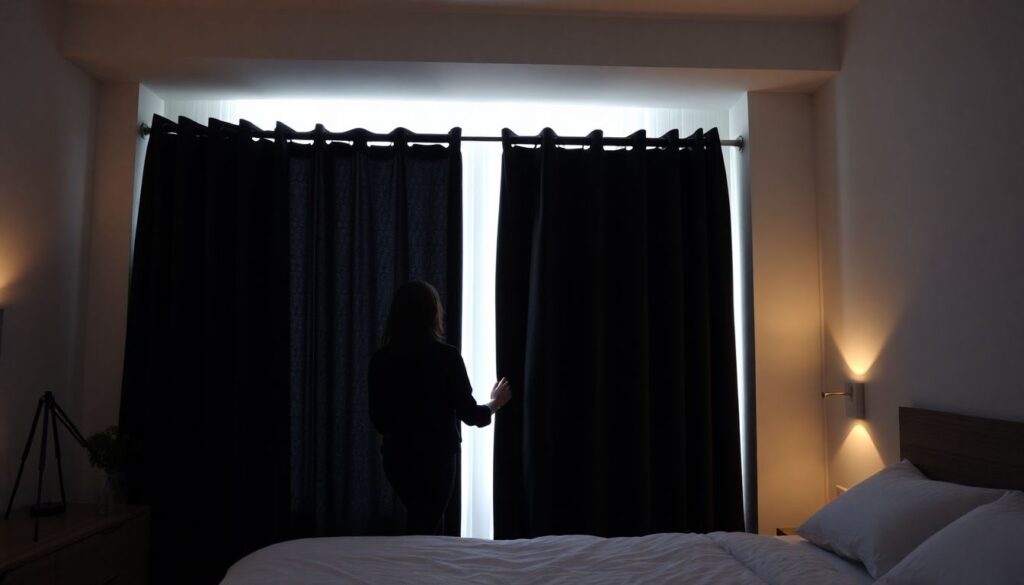
If you’re trying to sleep at noon, regular “room-darkening” curtains won’t cut it. Look for true blackout panels rated to block 99% of light, and seal the gaps around the edges so no sunlight sneaks through.
Need help choosing? Check out our blackout curtain buying guide
White Noise to Drown Out Daytime Sounds
White noise machines work wonders for masking those daytime sounds that jolt you awake.
Lawn mowers, delivery trucks, neighbor conversations – a consistent background sound helps your brain filter out these disruptions. Some shift workers prefer apps, but a dedicated machine means you won’t be tempted to check your phone.
Cooling Mattress Pads for Hot Rooms
Your body needs to cool down to fall asleep. A fan, cooling pad, or even a silk pillowcase can help trigger that natural drop in temperature—especially useful for shift workers trying to rest in the heat of the day.
Managing Light Exposure Around Shifts
Blue-Light Glasses for the Last Two Hours on Shift
Amber-lens blue-light glasses, like Swanwick’s Classic Night Swannies, block disruptive fluorescent and screen light.
Wearing them for the last couple hours of your shift can make winding down at home much easier.
If you’d like more options—or want to see why Swannies ranked first—check out the full roundup of best amber blue-light blocking glasses.
Wake-Up Lights for Energy Before a Shift
Bright light exposure at the start of your shift helps your body feel alert—even if the sun’s already setting.
Devices like the Hatch Restore 3 Sunrise Alarm Clock & Sound Machine can simulate a sunrise to give you a natural boost.
How to Use: Set it to glow for 30 minutes before work, add white noise if you like, and enjoy a gentle, caffeine-free boost to start your shift.
Other Natural Supplements for Night Shift Workers
Magnesium for Fewer Wake-Ups
Magnesium has a loyal following among shift workers. Many find it reduces those annoying middle-of-sleep awakenings that happen when you’re trying to sleep during the day. If you decide to go with magnesium, the recommended form is magnesium glycinate as it tends to be easier on the stomach.
Tart Cherry Juice for Extra Melatonin
A small glass of tart cherry juice about an hour before bed provides a gentle dose of melatonin along with antioxidants, which may support deeper REM sleep.
Adaptogens to Manage Stress
Adaptogenic herbs like ashwagandha are often used to support the body’s ability to manage stress and irregular schedules.
Tracking Your Sleep
Wearables like the WHOOP band or apps like Sleep Cycle can highlight patterns such as which shifts leave you most drained or whether that late-shift coffee is hurting your sleep more than you realize.
You can find the WHOOP 5 on Amazon or explore other options in our sleep-tracking devices guide.
Building Your Own Night-Shift Sleep Routine
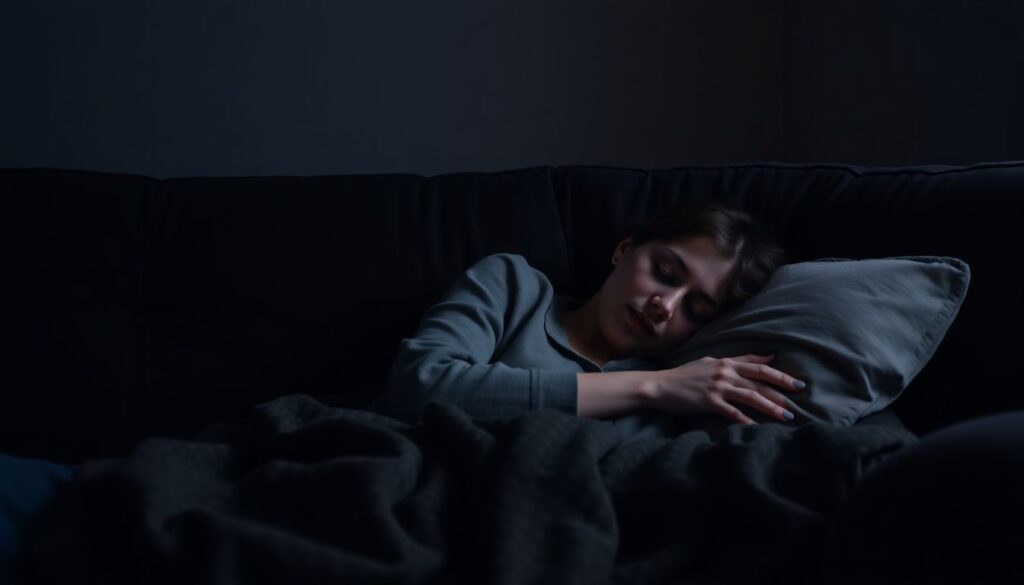
Every shift worker’s situation is unique, but the fundamentals stay the same: you need fast sleep onset, a controlled sleep environment, and recovery deep enough to keep you sharp on the job.
Healthcare: ICU & ED Nurses
Back-to-back 12-hour shifts leave little room for recovery, making quality sleep essential. Nurses often need to fall asleep quickly during compressed windows and wake up sharp for patient care.
Rejuvia’s sublingual spray absorbs in about 15 minutes, which may help with drifting off faster when you’ve only got a short gap between shifts.
Pairing it with blue-light glasses during charting and blackout curtains at home helps preserve sleep signals and create the darkness your body expects.
Long-Haul Truckers & Couriers
With DOT regulations and safety compliance in mind, truckers and couriers need solutions that can help them rest deeply without resorting to prescription sleep aids.
- Portable sleep solutions work best when you’re sleeping in different locations. Blackout cab curtains, white-noise apps, and cooling pads are all great options.
- Temperature control becomes critical in hot climates or during summer months. Cooling towels, portable fans, or even cooling mattress pads for sleeper cabs can make the difference between restful sleep and tossing and turning in the heat.
Security and Warehouse Workers: Overnight and Physical Labor
These jobs require staying sharp through long, active nights while also giving your body time to recover from the physical strain.
Simple, budget-friendly tools can go a long way. A quality sleep mask paired with melatonin can help set the stage for daytime rest, while magnesium supplements are often used to cut down on mid-sleep interruptions.
Since physical recovery is a bigger factor in labor-intensive roles, getting truly restorative sleep becomes even more important. Cooling aids — whether a fan, breathable bedding, or a cooling pad — help your body reach the lower temperatures it naturally needs to repair and recharge.
Final Thoughts: How to Make Night Shifts Work for You
For night shift workers, sleep isn’t just rest—it’s recovery. Resetting your body’s rhythm while the world is awake is never easy, but the right tools can make it possible. Blackout curtains, white noise, cooling pads, and natural supplements like magnesium or tart cherry juice all help create the conditions your body needs.
If you’d like a simple place to start, Rejuvia’s gentle, low-dose spray is designed to work quickly and can be adjusted to fit shorter or longer rest windows.
You can learn more or order directly through their official site.
People Also Asked
How can a night-shift worker get the best sleep?
For a night-shift worker to get the best sleep, it’s recommended to build a dark, cool, quiet bedroom with blackout curtains and white-noise masking, keep a consistent sleep schedule (even on days off when possible), and use sleep aids like blue-light glasses before bed or a sublingual sleep spray when your sleep window is short.
How do you fix shift-work sleep disorder?
To help with a shift-work sleep disorder try to reset your body clock with timed bright-light exposure at “shift sunrise,” keep strict dark hours after work, limit caffeine to the first half of your shift, and ask a sleep specialist about short-term melatonin or light-therapy protocols.
What is the best sleep aid for night shift workers?
The best sleep aid for night shift workers varies depending on person needs, but many find success with a combination of a fast-acting sleep spray or melatonin supplements, blackout curtains, and white noise machines.
How can I improve my sleep quality as a night shift worker?
Improving sleep quality as a night shift worker involves creating a dark, quiet sleep environment, maintaining a consistent sleep schedule, and using tools like blue light blocking glasses and breathable bedding.
Are there natural sleep aids for night shift workers?
Yes, natural sleep aids for night shift workers include adaptogenic herbs like ashwagandha and rhodiola, as well as melatonin supplements and chamomile tea.
How long does it take to adjust to working night shifts?
Adjusting to working night shifts typically takes about one to two weeks, but it can vary depending on the person and their specific circumstances.
Can light therapy help night shift workers?
Yes, light therapy can be useful for night shift workers by helping to reset their circadian rhythm and improve alertness during work hours.
What is the healthiest sleep schedule for night shift workers?
The healthiest sleep schedule for night shift workers involves maintaining consistent sleep times, even on days off, and aiming for 7-9 hours of uninterrupted sleep.
How do I stay awake during night shifts?
Staying awake during night shifts can be achieved through strategic use of caffeine, light exposure, regular movement, and maintaining proper nutrition and hydration.
Is it safe to take melatonin every day for night shift work?
While melatonin is generally considered safe for short-term use, it’s best to ask with a healthcare professional about long-term daily use for night shift work.
What foods help night shift workers sleep better?
Foods that can help night shift workers sleep better include those rich in tryptophan (like turkey and milk), complex carbohydrates, and magnesium-rich foods like nuts and seeds —for more ideas, take a look at our full guide to sleep-friendly foods.
Health Disclaimer:
The information in this article is for general educational purposes only and is not a substitute for professional medical advice, diagnosis, or treatment. Always consult your physician or another qualified health provider regarding any questions about your sleep, medications, or a specific medical condition. Individual results may vary.

